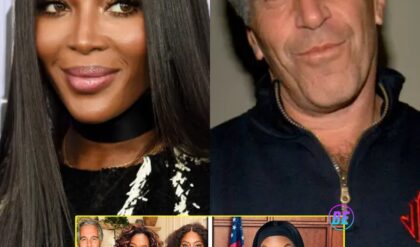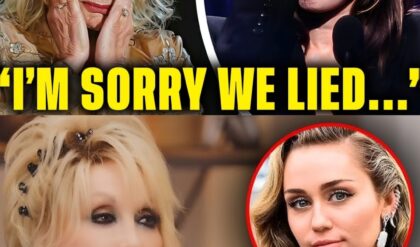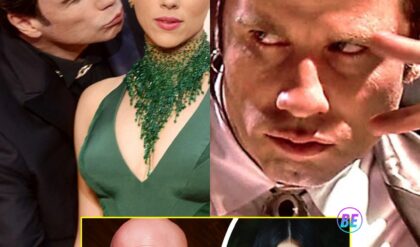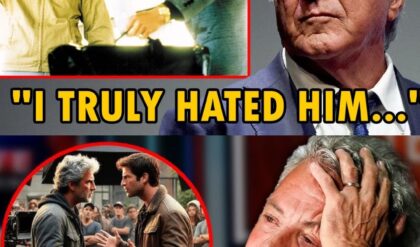In the world of hip-hop, a debate has sparked between LL Cool J and Drake, centering around the notion of authenticity and influence.
LL Cool J, one of hip-hop’s pioneers, recently took aim at Drake, suggesting that Drake’s shift towards a more “tough guy” image has been inauthentic. The drama escalated when LL weighed in on Drake’s rivalry with Kendrick Lamar, stating that Kendrick clearly won their musical battle and questioning whether Drake should consider stepping away from the mic altogether.

LL Cool J’s criticisms come from a unique position. He was one of the first rappers to successfully blend hardcore lyrics with sensitive, R&B-style tracks, paving the way for artists like Drake. LL revolutionized hip-hop by introducing the concept of a rapper who could be both tough and emotional.
His 1987 hit “I Need Love” broke boundaries, being one of the first love songs to make a significant impact in rap at a time when most rappers were focused on street credibility and hyper-masculinity. LL faced backlash for “going soft,” yet his bold move ended up influencing a new generation of rappers, Drake included.
Drake initially followed a similar formula, with emotional tracks like “Best I Ever Had” dominating the airwaves and appealing to both male and female audiences. Like LL, Drake found success blending vulnerability with mainstream appeal.
However, LL argues that instead of staying true to his roots, Drake has shifted his image to project a tougher persona, abandoning the sensitive image that made him famous in favor of hyper-masculinity. LL contends that this move is inauthentic and driven by external pressure to conform to a more stereotypical rapper image.

One of LL’s main criticisms of Drake is his overcompensation. As LL pointed out, Drake’s early work focused on his journey, love life, and his hometown of Toronto. Yet, as criticism of Drake’s “soft” persona mounted, he transitioned into a “villain era,” projecting an image of power and street credibility.
Songs like “Draft Day” marked a noticeable change in Drake’s tone, with lyrics flaunting his wealth and claiming connections to dangerous individuals. LL, however, believes this persona doesn’t ring true and that Drake has compromised his authenticity in pursuit of validation.
Kendrick Lamar’s rivalry with Drake further highlights this issue. Kendrick has consistently stayed true to his roots, tackling themes of social justice, personal struggles, and systemic oppression in his music. Meanwhile, Drake’s pivot to a more aggressive image has drawn criticism for lacking substance.
In LL’s eyes, Kendrick’s victory over Drake is not just about lyrical superiority but about remaining authentic to one’s artistry.
Beyond the music, LL also feels Drake hasn’t given him the acknowledgment he deserves. Despite LL’s undeniable influence on hip-hop, Drake, who owes much of his style to LL’s groundbreaking work, has yet to pay him proper homage.
LL’s 2013 comments reflect his frustration, as he noted that while artists like Fabolous and Jadakiss have shown him respect, Drake has yet to fully recognize the path LL paved for artists like him.
Ultimately, LL’s comments highlight a broader issue within the rap industry: the pressure to conform to certain archetypes. LL argues that artists should be free to explore their emotions and create music that resonates with their personal experiences, rather than succumbing to industry pressure to project a hyper-masculine image.
In LL’s view, Drake’s attempt to “toughen up” is not only inauthentic but also diminishes the groundbreaking impact he initially had on the genre. As the debate rages on, it remains to be seen whether Drake will heed LL’s advice or continue down his current path.
Watch video:





